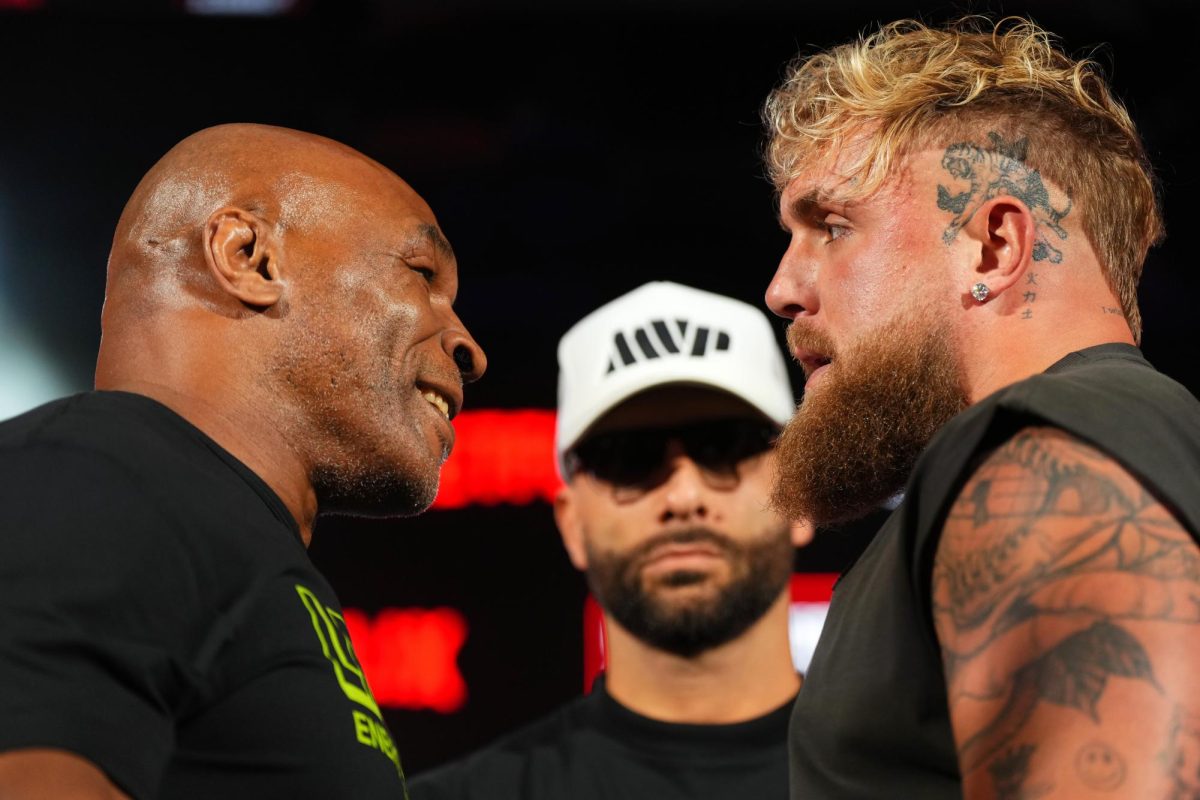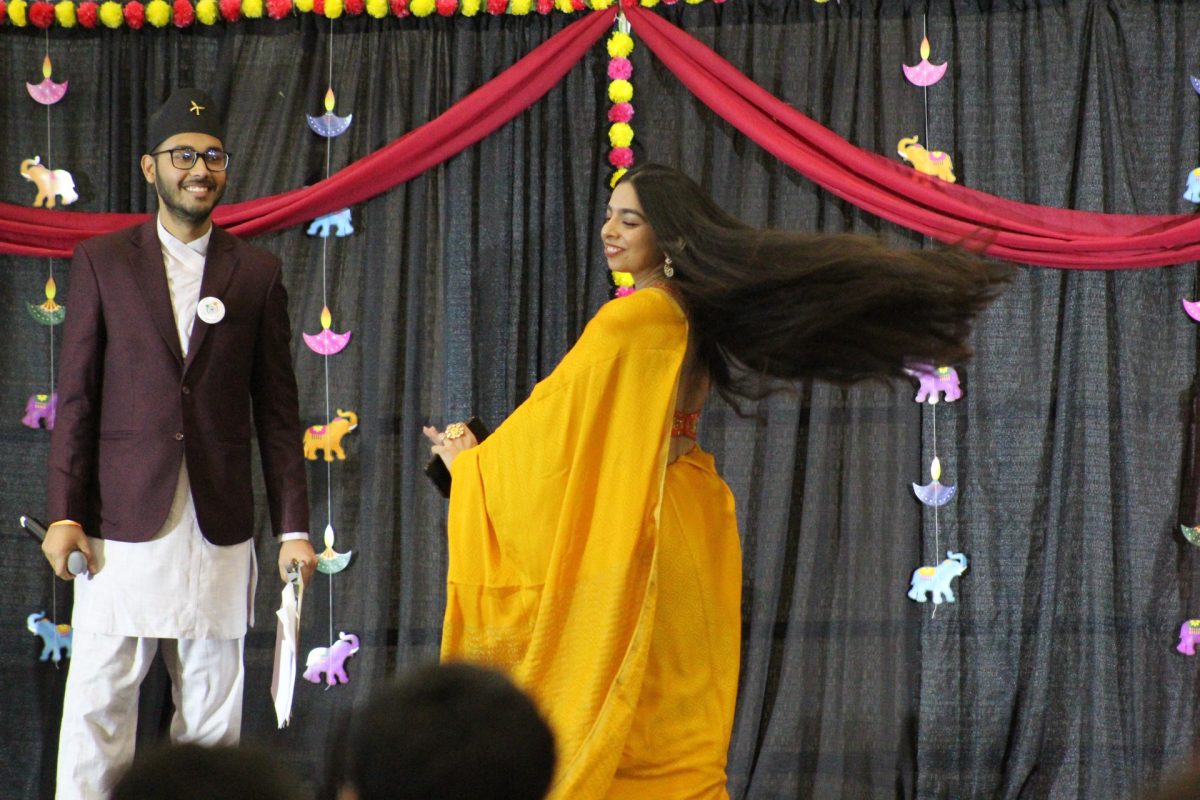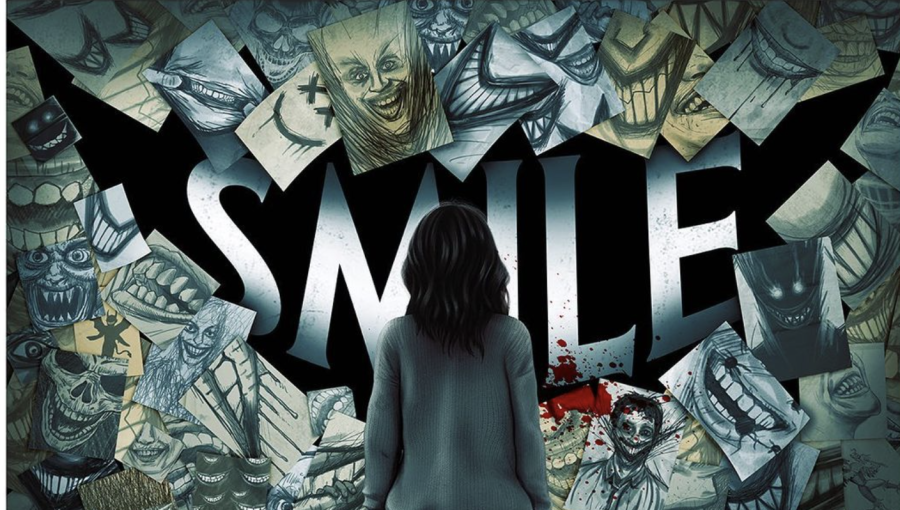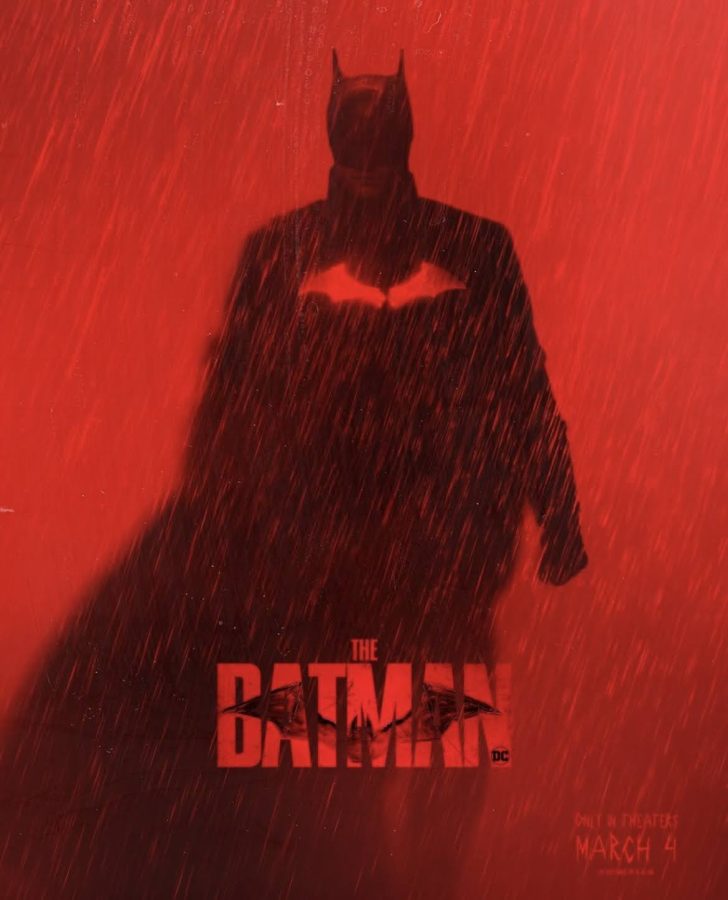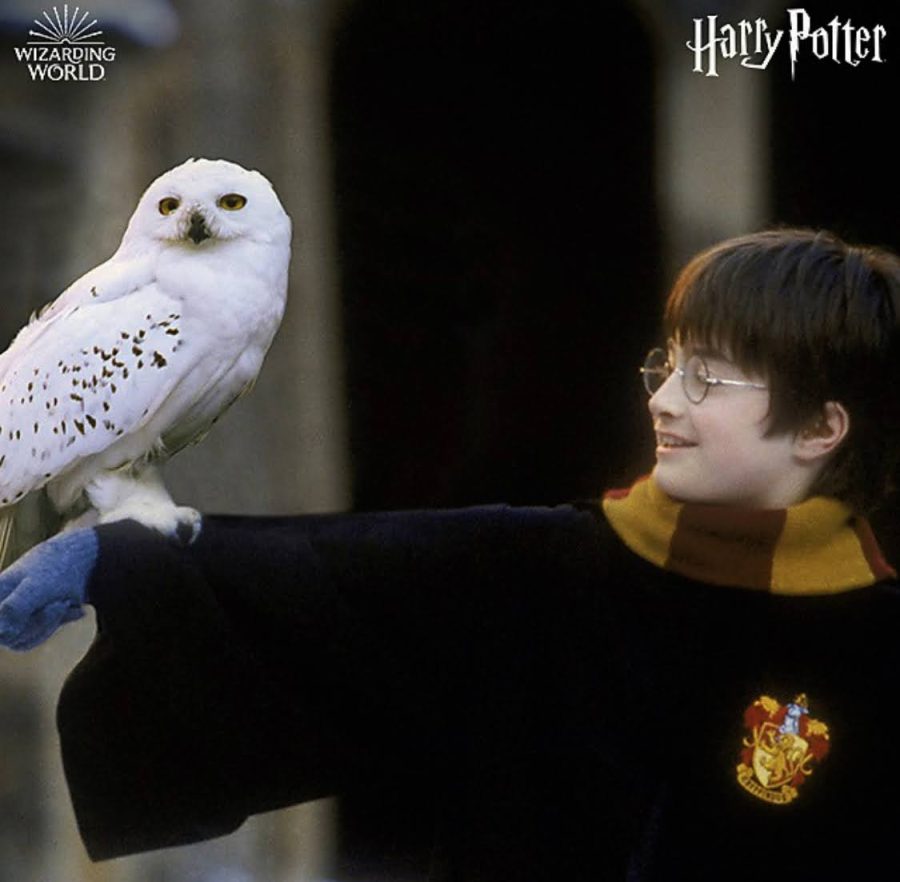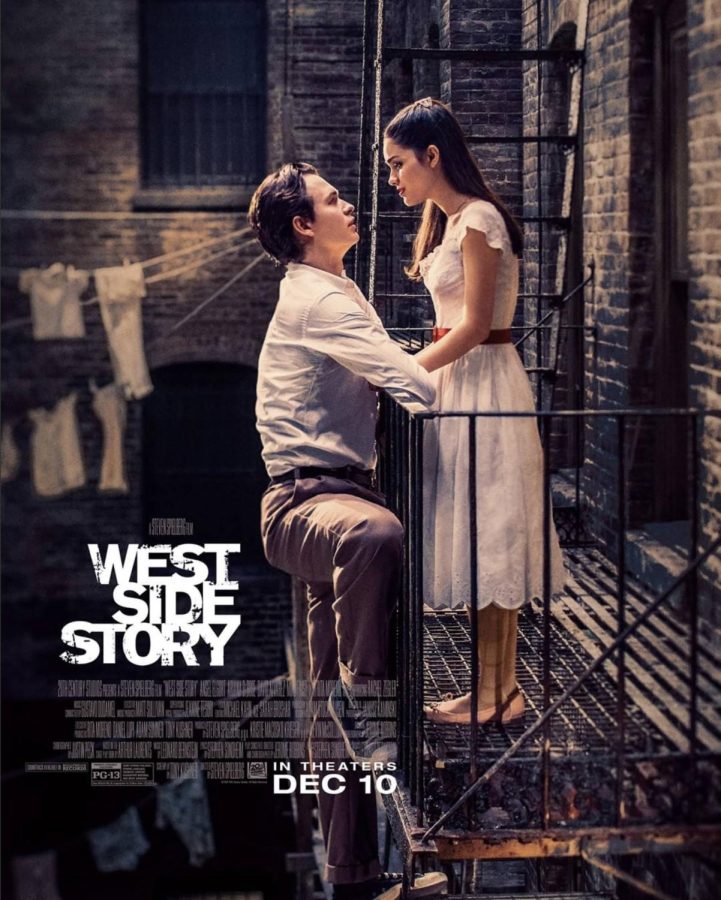Rosa Parks refused to give up her seat on a bus, Martin Luther King Jr. preached non-violent protesting, and Jackie Robinson was the first black baseball player to play in the major leagues. 42, from writer/director Brian Helgeland, is the story of Jackie Robinson and his impact that he had, not only on the game of baseball, but about racism in the United States.
The year is 1946, and African Americans are still being denied basic human rights and decency in the U.S. The MLB is composed of all white men. That is, at least, until Dodger’s owner Branch Rickey puts his hat in the ring and decides to recruit a promising young black baseball player from the Negro Leagues. Robinson becomes his candidate, and the movie turns to Robinson’s strength, his frailty, and the hatred of his oppressors now that he is playing in what was a white-only sport.
Newcomer Chadwick Boseman plays Jackie Robinson, and Boseman’s performance is an enjoyable one: he’s charming, he’s sincere, he’s gutsy and vulnerable. Though he sometimes doesn’t convey these emotions completely, his performance is still admirable. Branch Rickey is played by veteran wise-cracker Harrison Ford, but we see Ford much more down-to-earth in this movie. Though his character’s intentions remain ambiguous for most of the film and the performance seems more like a caricature than an actual portrayal of Rickey (though I have no way of actually knowing if that’s true), he’s still enjoyable to watch.
However, despite some solid acting, the film suffers from, frankly, a script that is much too light with its source material. Apart from a vitriolic rant from the Philly’s coach (played by Alan Tudyk, a man who can perform any role with ease), the hatred that Robinson most definitely faced in real life is dumbed down to make it easier, most likely, for the white demographic to not feel to ashamed of how things used to be.
You know exactly where this film is going from the trailer, though this isn’t necessarily a bad thing. And another thing, even though everyone dresses and acts like it’s the 1940s, the film never truly seems to embrace its setting.
The film, I suppose, is a lot like America: amid a sea of corniness, it has a heart. The film, despite its flaws, tells a story that stands for what America was built on—change. The story of Jackie Robinson is one everyone should know, but I hesitate to say that this is the best way to be told that tale.




